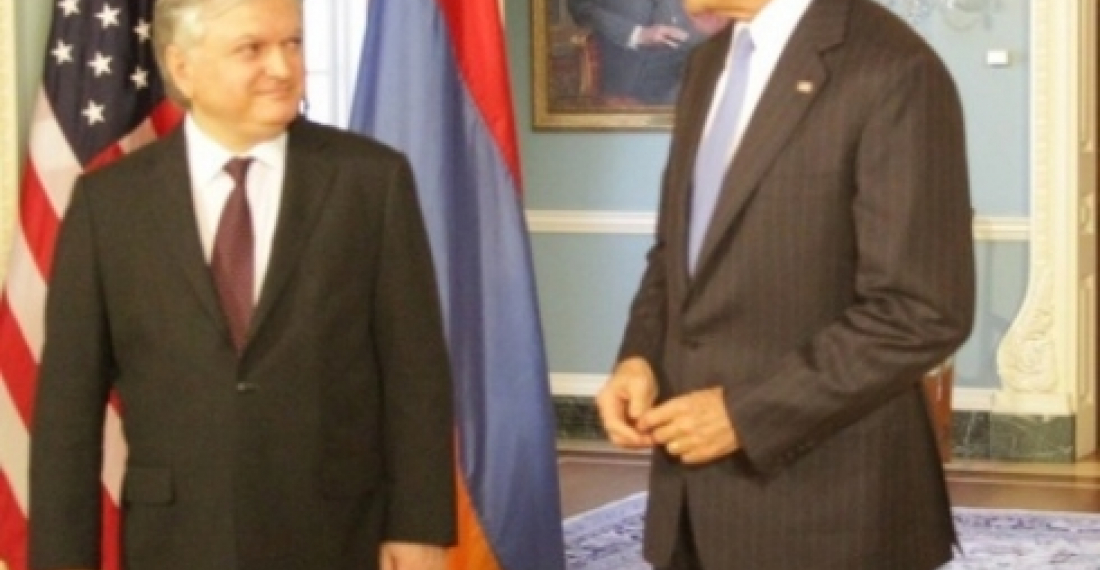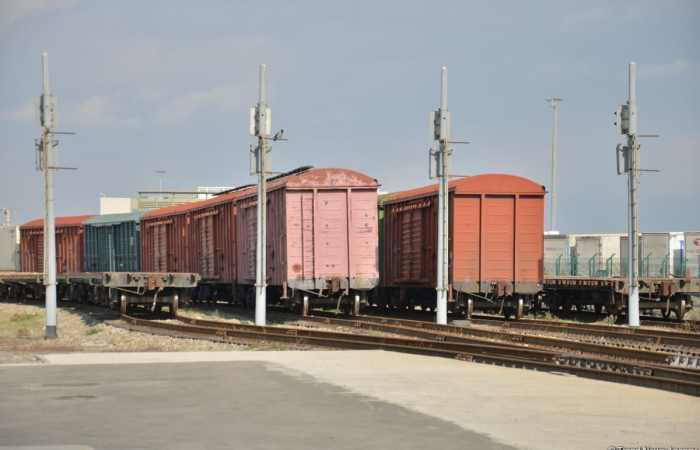Госсекретарь США Джон Керри продолжил прилагать свои усилия по обеспечению прогресса в переговорах по урегулированию нагорно-карабахского конфликта. Во вторник утром он принял в Государственном департаменте министра иностранных дел Армении Эдварда Налбандяна. Встреча состоялась спустя менее чем двадцать четыре часа после аналогичной встречи между Керри и министром иностранных дел Азербайджана Эльмаром Мамедъяровым.
Помимо того, что Керри указал на новый импульс со стороны администрации Обамы попытаться добиться прорыва в переговорах по разрешению нагорно-карабахского конфликта, он в своем выступлении перед встречей с министром иностранных дел Армении призвал региональные державы Россию, Иран и Турцию, также принять участие в попытке выхода из нынешнего тупика.
Керри заявил:
"Мы все действительно хотим попытаться в один прекрасный день увидеть решенным замороженный конфликт вокруг Нагорного Карабаха. Очень важно, чтобы все стороны - когда я говорю все стороны, я имею в виду не только Азербайджан, но и Турцию, Россию, Иран, и других - попытались найти способ, который помог бы выйти из тупика, который сохраняет этот конфликт живым и всегда потенциально опасным."
По другим вопросам, Керри сказал, что он собирается обсудить со своим армянским коллегой "экономическое партнерство, развитие экономики и укрепление демократии и безопасность наших друзей, армянского народа".
Со своей стороны министр иностранных дел Эдвард Налбандян сказал:
"важно продолжить усилия по поиску исключительно мирного решения нагорно-карабахского конфликта на основе принципов и норм международного права, в частности, неприменения силы или угрозы применения силы, самоопределения народов и территориальной целостности. Мы также едины во мнении, что армяно-турецкие отношения должны быть нормализованы без предусловий. Мы очень благодарны, что в течение последних двух десятилетий с момента нашей независимости, США оказали очень важную поддержку Армении."
Источник: commonspace.eu по материалам state.gov






